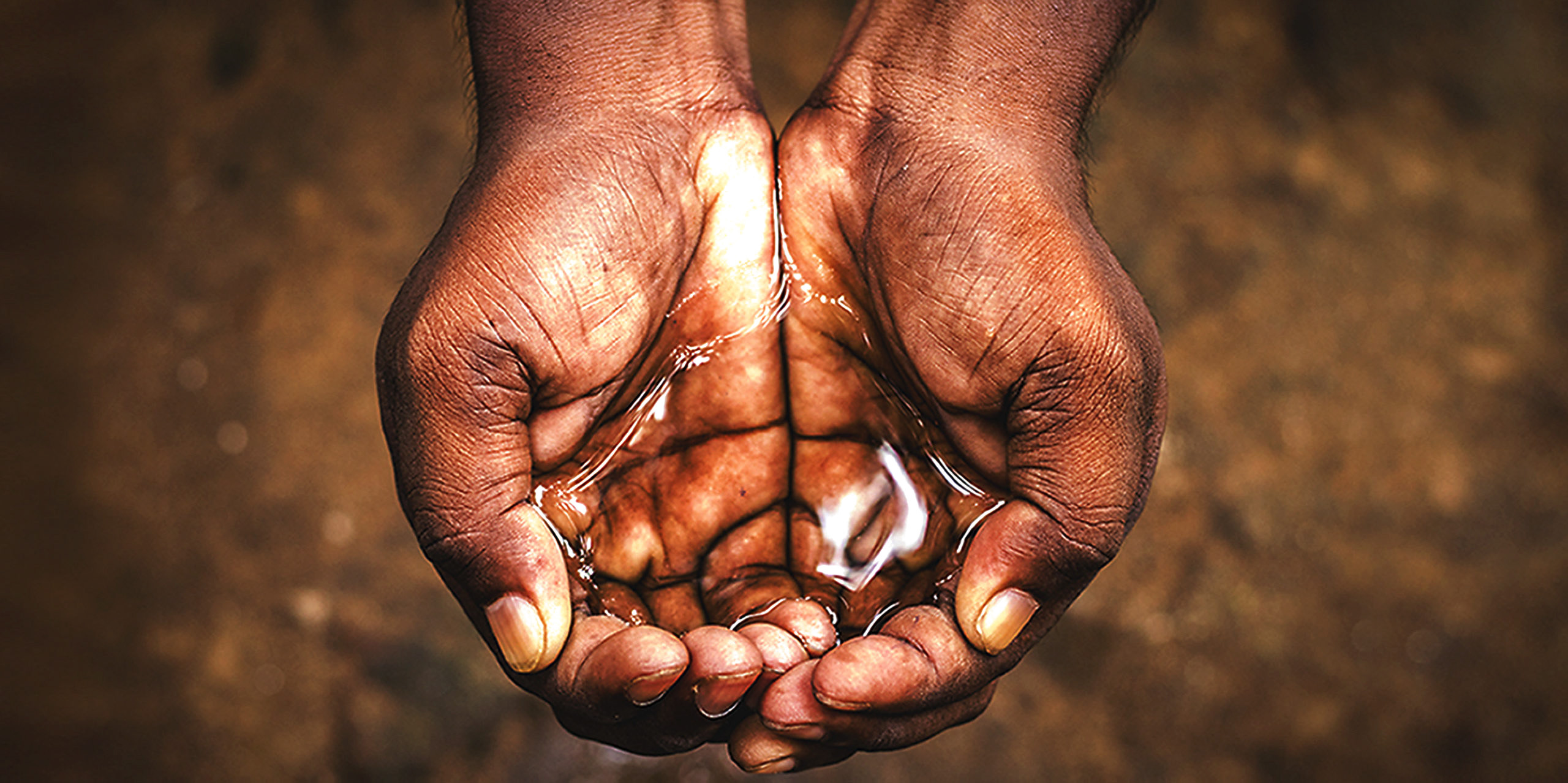The Mthatha High Court has given the Eastern Cape provincial government and national government 14 days to file plans and indicate the steps that will be taken to support the cash-strapped Amathole District Municipality to supply water to several rural villages near Centane. Residents of the villages have not had access to potable water since 2017.
In September, the court ordered that emergency water must be supplied to the villages and plans must be filed to indicate how the municipality, the provincial government and the national Department of Water and Sanitation intended to solve the water crisis.
Naseegh Jaffer from the Masifundise Development Trust (MDT) said they are pushing for the provincial and national governments to be held accountable by the court for the crisis.
He said there had been some good rain in the area, but due to the absence of water tanks, the communities could not optimally use the water.
The villages in the area last had water in their taps in 2017. As a result, they have to walk many kilometres to fetch water from a nearby stream. The water is often contaminated by dead animals and must be boiled before use.
“The absolute nature of the crisis does not exist any more. There was no provision to direct the water that has come to the area as a result of the rain to communities,” he said. “The rainwater did not reach them.”
Nonceba Madikizela-Vuso, the spokesperson for the Amathole District Municipality, the water authority for the Centane area, said they had filed a plan with the high court. A task team was appointed at the municipality in January after the entity, which admitted it could no longer pay salaries and creditors, was placed under administration.
“The municipality has recognised the urgency of the situation,” Jaffer said. “They agreed that they wouldn’t run away. Our issue is with the national and provincial governments. Up to now, they said they support the municipality. The question is, what are they going to do to support the municipality?
“Currently, they appear to support the municipality’s inability to provide water to the area.”
The Minister for Water and Sanitation, the Department of Cooperative Governance and Traditional Affairs, and the Eastern Cape premier were obliged, in terms of the court’s previous order, to file affidavits to indicate how they planned to ensure water access to these villages — but failed to do so in court.
“We are seriously disappointed and disheartened by the government ignoring the court order to tell us when and how they intend to provide us with water. Their actions point to an uncaring government and one that is willing to let their most vulnerable people suffer during a global pandemic,” said Gustaf Wayile, a community activist from Nombanjana, Centane.
“We need water and we need the government to commit to when and how they will give it to us — it’s that simple.”
“These delay tactics by the government spell very bad challenges for our lives,” said Novoti Mshenxisi from Ngcizela in Centane.
“We are desperate for water and have been for at least the past five years. Many of us suffer from chronic diseases that require us to take medication on a daily basis. This is a big struggle, because we can never find the water to take our medication with. We are not asking for a lot, we just want to be afforded our dignity through our basic rights.”
The judge ordered the respondents to provide their outstanding affidavits on their immediate water provision plans by 26 November, failing which the court will decide what the government must do to get water to the villages.
Jaffer said that, in a promising initiative, residents had begun to mobilise and monitor the implementation of the court order in their villages.
A resident in each of the eight villages had been elected to serve as a water monitor.
“We sincerely believe that this should set a precedent for other water-stricken communities in our country,” Jaffer said.
“If we don’t persist with this, nobody will do it. We are pulling our hair out. As frustrated as we are, we are keeping at it.”
He said that so far, only two water tanks had been delivered for the eight villages, which are about 20km apart from one another. The tanks were not properly mounted and have not been refilled.
“What is the point of a tank if you don’t refill it?” Jaffer asked.
“I think the appointment of water monitors is absolutely necessary and critical.”
Jaffer said that they were also cognisant of the fact that the province’s biggest metro, Nelson Mandela Bay, is about to experience serious water shortages in the absence of rain and that this, coupled with the festive season, might increase the numbers of people returning home to the villages. DM/MC
South Africa
No water: Judge issues strict deadline for government cooperation — while Eastern Cape residents suffer





